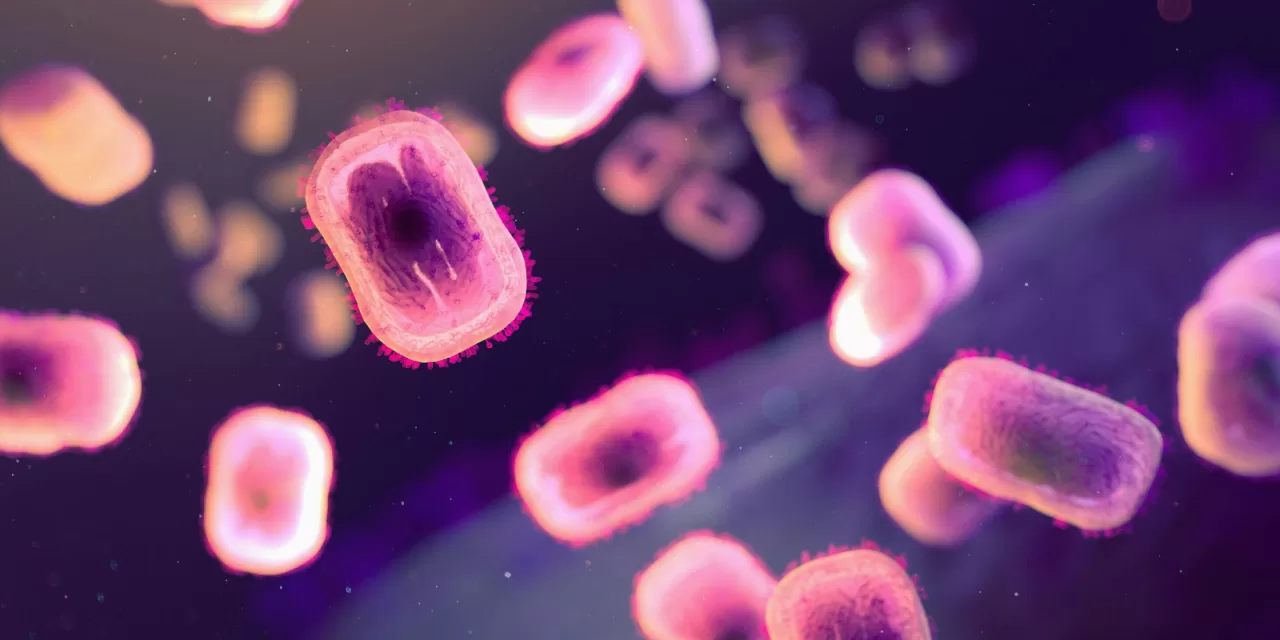December 7, 2024 — The death toll from the ongoing monkeypox outbreak across Africa has risen to 1,200, with the total number of reported cases exceeding 62,000 this year, according to the Africa Centers for Disease Control and Prevention (Africa CDC).
During a virtual media briefing on Thursday, Africa CDC Director-General Dr. Jean Kaseya provided alarming updates on the outbreak, revealing that 20 African nations have reported 62,171 monkeypox cases since January. Of these, 13,579 cases have been confirmed. Over the past week alone, the continent reported 2,708 new cases, including 565 confirmed cases and 36 deaths, according to data from the African Union’s health agency.
“If we compare the figures from the first week of January to the last week of November 2024, we see a staggering increase of more than 716 percent compared to all of 2023,” Kaseya said. “At this rate, we could see an 800 percent rise in cases by the end of December.” He stressed that this outbreak represents the largest public health crisis Africa has faced since the COVID-19 pandemic.
A Complex Outbreak
Dr. Kaseya highlighted the complexity of the outbreak, noting the presence of four distinct strains of the monkeypox virus circulating in Africa. In some regions, multiple strains are being detected simultaneously, complicating containment and treatment efforts.
“This mix of different clades makes it more challenging to respond appropriately to the outbreak,” Kaseya explained.
Global and Regional Emergency Declarations
Monkeypox, first identified in monkeys in 1958, is a rare viral disease that spreads through body fluids, respiratory droplets, and contaminated materials. Symptoms typically include fever, rash, and swollen lymph nodes.
In August, the Africa CDC declared the outbreak a Public Health Emergency of Continental Security. Shortly afterward, the World Health Organization (WHO) raised its alert level by declaring the outbreak a public health emergency of international concern for the second consecutive year.
Urgent Need for Action
The surge in monkeypox cases comes as African nations continue to grapple with the aftereffects of the COVID-19 pandemic, straining healthcare systems and resources. Health officials are calling for increased international support to contain the outbreak, expand testing, and distribute vaccines to affected regions.
Dr. Kaseya concluded with an urgent plea for collaboration: “Africa cannot face this crisis alone. It requires a unified global response to mitigate the devastating impact of monkeypox on the continent and beyond.”
As the year draws to a close, public health experts warn that without swift action, the outbreak could escalate further, posing a significant threat to global health security.











